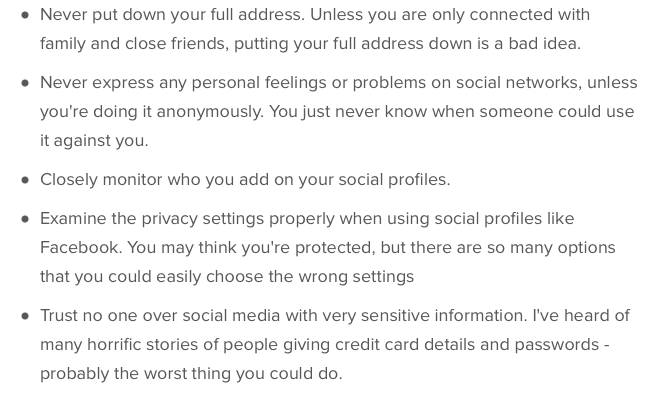
Censorship On Social Media
Censorship on social media. Is it ethical?
For now, let’s get a few definitions out of the way.
Free speech(noun): The right to express any opinions without censorship or restraint.
Censorship(noun): The system or practice of censoring books, movies, letters, etc
Business(noun): A person’s regular occupation, profession, or trade.
For the past 5 years, a certain court case in Singapore had captured the attention of the masses.
Read all about it here.
Continue reading →







